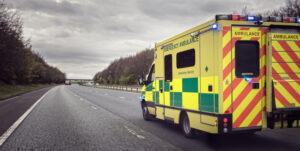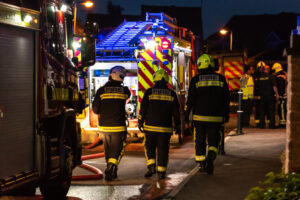 The emergency services in the UK respond to thousands of 999 calls every day, helping and support to those in need.
The emergency services in the UK respond to thousands of 999 calls every day, helping and support to those in need.
According to the latest data from the Home Office, the total number of emergency 999 calls received in England in 2020 was 31.4 million. Of these calls, around 70% were classified as ‘immediate’ or ‘priority’ incidents, which means that they require an emergency response within 15 minutes. The most common types of incidents that require an emergency response are related to medical emergencies, including cardiac arrests, strokes, and difficulty in breathing.
In 2020, medical emergencies accounted for over 43% of all immediate or priority 999 calls. Other common reasons for 999 calls include road traffic accidents, fires, and reports of anti-social behaviour. Road traffic accidents accounted for 7% of all immediate or priority 999 calls in 2020, while fires accounted for 2%. Reports of anti-social behaviour, including vandalism and public disorder, accounted for around 4% of all 999 calls. The COVID-19 pandemic has also had an impact on the types of 999 calls received.
The Home Office reports that in 2020, there was a significant increase in the number of calls related to mental health issues, including suicide and self-harm. These types of calls accounted for around 2% of all immediate or priority 999 calls. The high number of emergency 999 calls received can place significant pressure on the emergency services, including the police, fire and rescue services, and ambulance services.
 Emergency services have to ensure that they have adequate resources and staff to respond to emergencies, and this can be challenging during periods of high demand.
Emergency services have to ensure that they have adequate resources and staff to respond to emergencies, and this can be challenging during periods of high demand.
In conclusion, the UK statistics on the types of 999 calls received highlight the importance of emergency services in responding to a wide range of incidents and emergencies. The high number of emergency calls received places significant pressure on emergency services, and it is essential for them to have adequate resources and staff to respond effectively.
By understanding the types of incidents that require an emergency response and working with the public to raise awareness of the appropriate use of emergency services, emergency services can continue to provide effective and efficient support to those in need.
